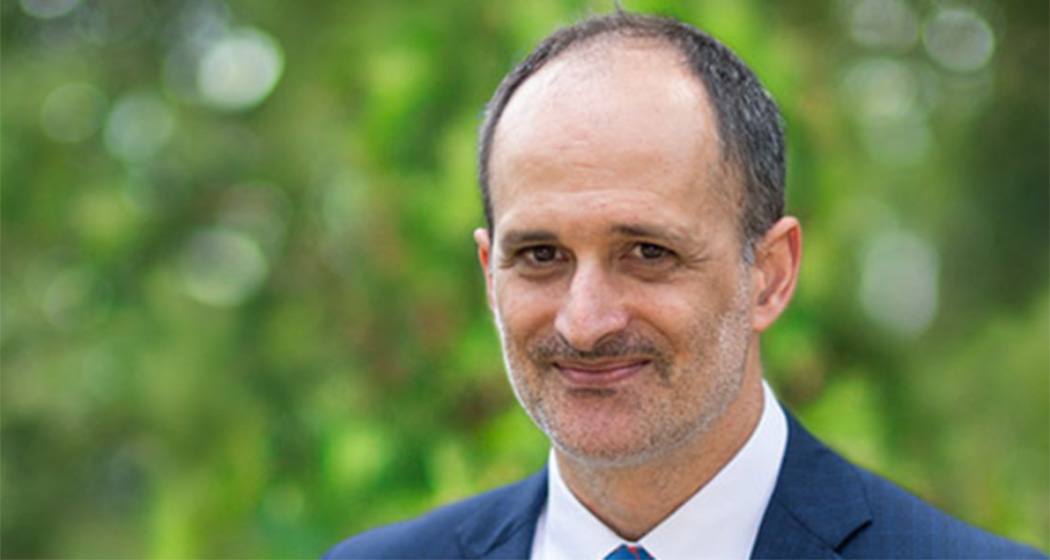
IESE Insight
The power of purpose to reconnect: what our divided society needs now
Climate change, growing inequality and now war. For society's greatest challenges, the teachings of the late Juan Antonio Perez Lopez (1934-1996) have a lot to offer. John Almandoz explains the particular relevance of Perez Lopez's ideas today.
Are our institutions cracking under pressure? Considering the threats we face — including war, climate change and rising inequality — our states and corporations seem too disconnected, unready for the level of collaboration and goodwill needed today. Even the family and the community seem to be crumbling as institutions, lacking compelling moral glue to unite our divided societies.
Yet signs of hope exist. We hear young people committing to make a positive impact in their careers. We see people on social media, not to mention governmental agencies and financial entities, putting more pressure on businesses to aim for environmental, social and governance (ESG) targets above pure profits. But I believe the business theorist Juan Antonio Perez Lopez would find even more hope in the recent trend toward placing purpose at the heart of business. In a paradigm-shifting 2018 letter to CEOs, BlackRock's Larry Fink challenged today's corporations to serve a social purpose. This line of Fink's could have been written by Perez Lopez himself: "Without a sense of purpose, no company, either public or private, can achieve its full potential."
Preparing for IESE's March 2022 conference "The future of business management: people, decisions and learning," based on Perez Lopez's ideas, I came across an old teaching note in which Perez Lopez himself expressed the hope that businesspeople "will be the builders of the future, for that is what concrete reality will demand." The IESE professor expected that, because business organizations were wired to solve problems efficiently, they would also be called upon to play an increasingly important role in solving society's greatest challenges. He also foresaw, however, that the free-market system could "lead to a social disaster even worse than the one the collectivistic systems gave us" — unless another "control mechanism" could be found. Elucidating that "control" mechanism — one that brings about maximum levels of freedom, personal flourishing, corporate prosperity and social order — was Perez Lopez's life work.
At various times during the congress on Perez Lopez's legacy, participants commented that we seem to be finally catching up with his ideas. I agree and I believe Perez Lopez is our best guide for the future. He reminds us that people are not merely self-interested, driven by material wants, but also social beings, driven by intrinsic motives and transcendent needs. These transcendent needs can only be satisfied by contributing to the welfare of others. Perez Lopez's teachings present a thorough view of employee motivation, leadership and organizations — offering a strategy to build trust, to bring out the best in employees as people and to address the real needs of customers and society. For him, good leadership involves not only attaining business results but also developing people, one by one, and uniting an organization toward a transcendent purpose in its daily operations.
Put another way, leadership involves building people and inspiring service. Embracing service-oriented purpose in business is key to bringing free people to willingly serve customers and society. Experiencing this kind of leadership firsthand is likely to be transformative for managers, paving the way to a higher level of individual meaning as well as greater unity and cohesion throughout the organization. As such, Perez Lopez's model of the firm, as a conference speaker mentioned, works better than its unfettered neoclassical alternative — an alternative which has turned out to be dangerous and wrong.
It may seem idealistic, but uniting around purpose may also be the best hope we have to mend the future. As business leaders in a complicated world, we should seek to reconnect people. And even when we fall short of our business aspirations — after all, this approach does not guarantee success — we should still be better off for having tried, as individuals and as parts of larger organizations and institutions.
From my perspective, I see business schools like IESE playing an important role by presenting models of leadership that are realistic, aspirational and, potentially, self-fulfilling prophecies — in a positive sense — for a business world in need of transformation.
MORE INFO
Sense of purpose. Reflections on meaningful work, by Carlos Rey and John Almandoz (2021. Barcelona: DPMC Foundation).
"The Purpose Strength Model: Towards a Shared Purpose," by Nuria Chinchilla, Álvaro Lleó, Carlos Rey, Ángel Alloza and Nuno Pitta (2019).
"Unleashing the power of purpose: five steps to transform your business," by John Almandoz, Yih-teen Lee and Alberto Ribera (2018). IESE Insight, issue 37, pages 44-51.
A version of this article is published in IESE Business School Insight 161 in the Report section.
